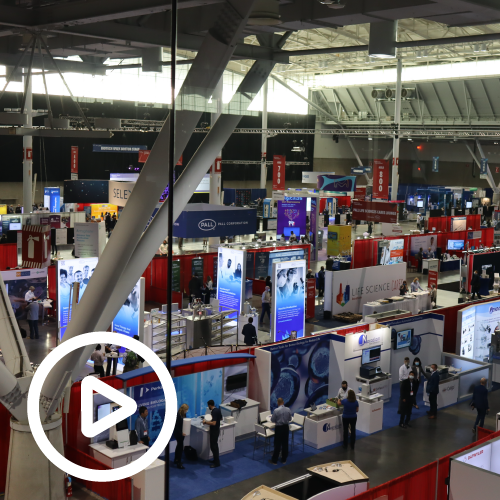September 28, 2021 -- BOSTON - Delivering next-generation viral vectors for use in gene therapies requires that scientists reenvision the tools and process modalities that could be leveraged to make gene therapy a reality. Innovative tools and systems are required due to the uniqueness of viruses and their expression systems, according to Stefano Menegatti, PhD, associate professor at North Carolina State University. Menegatti spoke with ScienceBoard.net during the BioProcess International conference in Boston.
Menegatti paints a picture in which a single gene therapy treatment could cure a patient of complex diseases like cancer or diabetes. However, there is a critical challenge with these therapeutics, which he describes as the bioprocessing gap. Current manufacturing obstacles prevent these next-generation gene therapies from effectively progressing from the bench to the bedside, he said.
New tools for expression, purification, as well as advanced analytics to understand, quantify, and ensure reproducibility of critical quality attributes of gene therapy products, are desperately needed. If these tools are developed -- and the gene therapy revolution succeeds -- then the biopharmaceutical industry can effectively tackle complex diseases, Menegatti said.
There are some lessons from early versions of gene therapies that can inform scientists as they design and produce next-generation products. Early gene therapies, Menegatti explained, were often impaired as a result of toxicities and unwanted downstream effects, such as creating immunogenic responses in patients. Now, next-generation viral vectors have improved tissue targeting, which improves the overall safety and efficacy profiles of the therapies.
Furthermore, first-generation product processing techniques were inspired by methods used in earlier biologics, such as antibody products. However, the processes used to purify antibodies do not transfer to viruses. Therefore, scientists need new tools to optimize the production and purification of viral vectors to support the development of next-generation therapies.
Last, Menegatti explains another unprecedented aspect of emerging gene therapy technologies is that industry and academia are working together to develop new tools and processes that can advance gene therapies to the clinic.
Copyright © 2021 scienceboard.net







